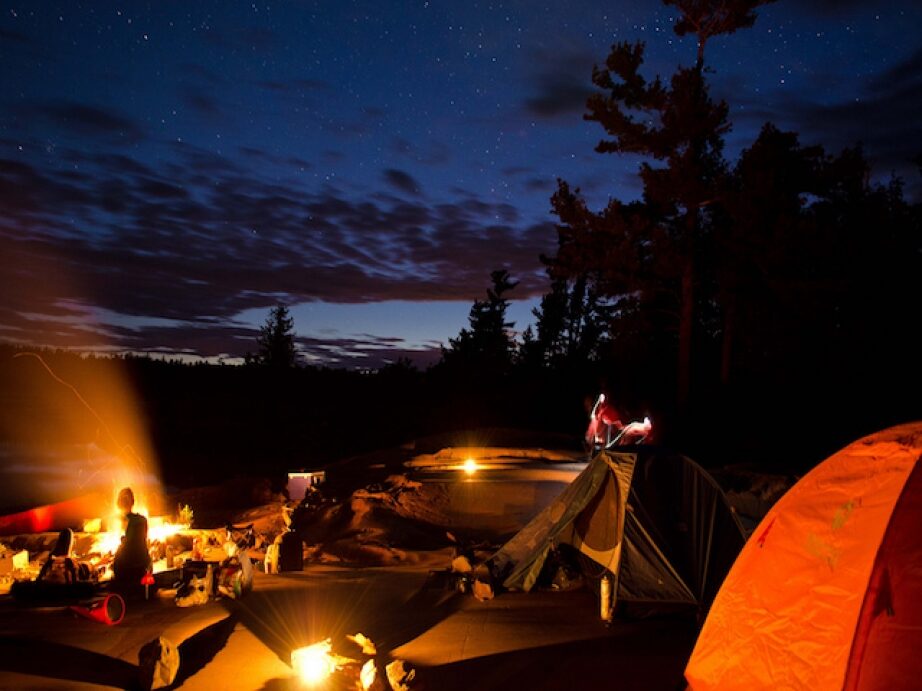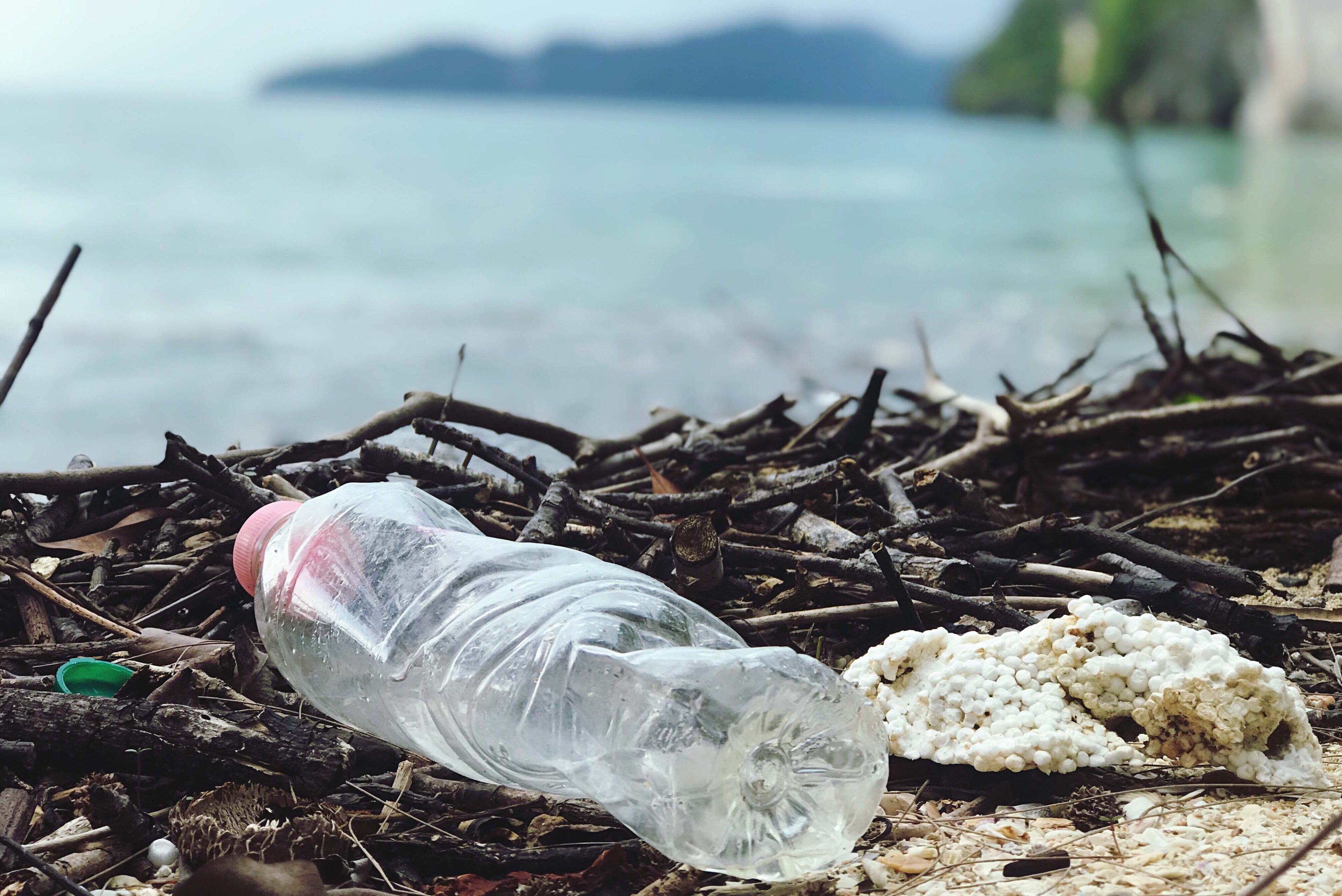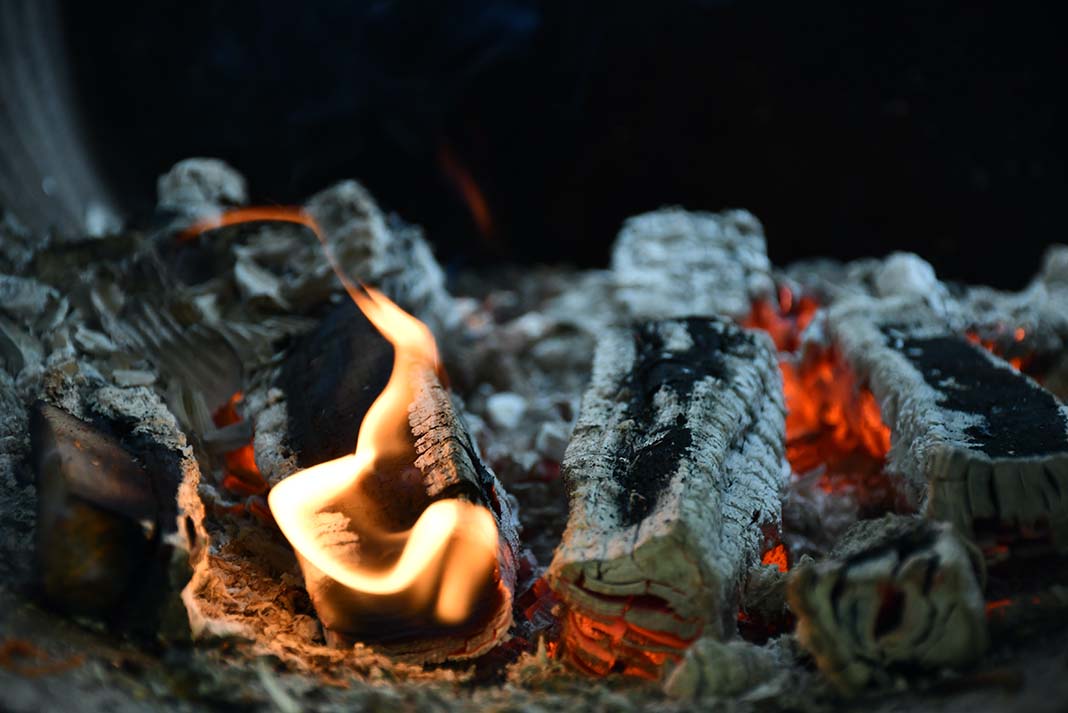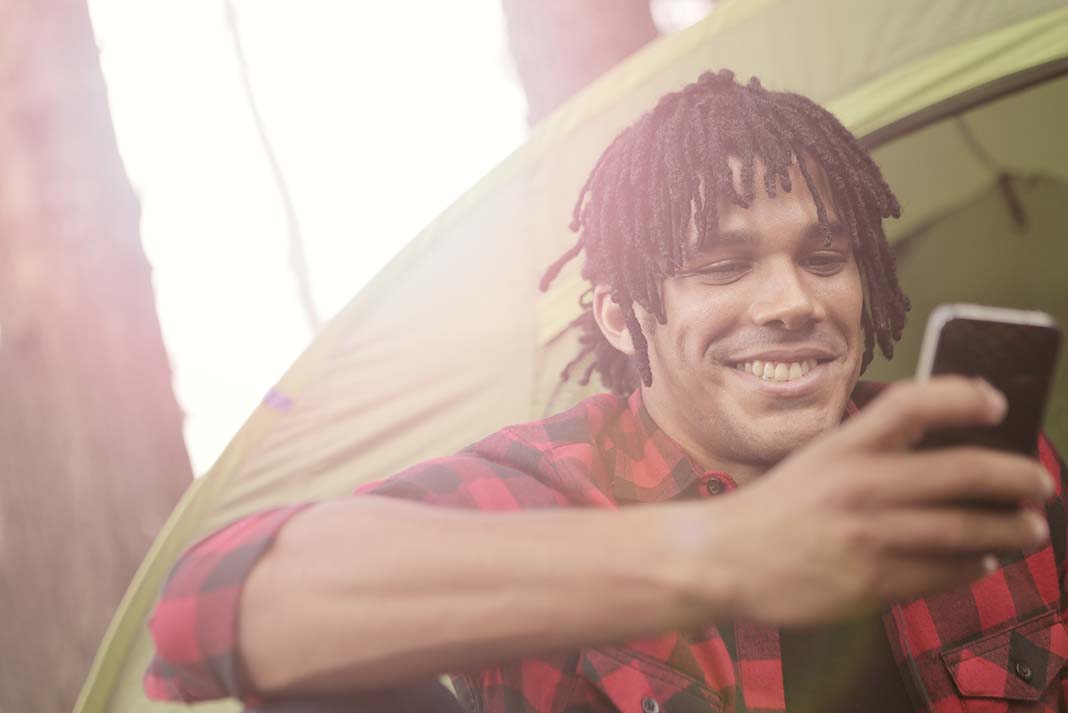1. Never doing dishes at the campsite
Picture yourself lounging around the fire after a day slogging through portages and battling clouds of mosquitos. You’ve just finished a dinner of rich, bubbling macaroni and cheese. The dishes are scattered around the camp kitchen. The last thing you want to do is kneel on the ground scrubbing now-solidified cheddar cheese off of plastic camp bowls. But you should do it. Why? Because it’s an undesirable chore on canoe trips, but if everyone takes the initiative at some point the job will always get done. And after? You can lounge by the fire without a care in the world (until breakfast dishes).
2. Taking up the entire portage put-in
It’s quite special to be on a canoe trip and not see any other paddlers for days at a time. In some more popular wilderness canoeing destinations however, you will encounter others on lakes and portages. Be respectful by placing all your gear and canoes in one organized area at portage put-ins and making sure to leave plenty of room for other groups. It’s not fun to reach the end of a grueling hike with a canoe and find there is nowhere to place it down.

3. Leaving the campsite a mess before bed
Having a clean and organized campsite is essential for group safety. If there is food and cooking supplies all over, you are inviting wildlife that may eat your food or potentially cause you or themselves harm. In the case of an emergency, it is important to know where all your equipment and critical supplies are. Before bed make sure everything is well organized and put away.

4. Littering in the wilderness
Leaving garbage or food scraps behind on your canoe trips is a sign of not respecting the natural environment that affords us amazing canoeing experiences. It is also unfair to other canoe trippers who arrive at a campsite or a portage and find it strewn with garbage. It is such an easy thing to avoid doing, and there is no excuse for leaving litter behind. Always pack extra bags for garbage and if you do burn food waste, make sure it is completely gone before putting out your fire.
5. Heading into the backcountry unprepared
A major faux pas is going on wilderness canoe trips without adequate preparation and forethought. This may come from inexperience, but the learning curve can be steep if you fail to pack essential items. Make sure you have a route, maps, a first aid kit, fire starter and water treatment. Do extensive research on the route you are doing, make note of potential evacuation points and don’t plan trips that exceed your skill level. Also make sure you aren’t the only one prepared—having a solid team is key to a great canoe trip.
6. Doing dishes in the lake
Washing camp dishes directly in the lake is a faux pas because it means you are unnecessarily affecting the aquatic environment. Remnants of your backcountry lasagna don’t need to be deposited on the shore of the lake. Use a clean bowl or pot to place water in dirty ones, wash your dishes away from the water source and dump dirty water several hundred meters into the woods.

7. Improperly putting out a fire
You can compromise the safety of you, your group and a whole ecosystem by failing to adequately put out your campfire. Use as many buckets of water as necessary and pour not only on the fire itself, but the hot rocks of the fire pit. A good rule of thumb is to only stop extinguishing the fire when you are comfortable placing your hand directly on the fire pit.

8. Being plugged in on your canoe trip
Resist the urge to Snapchat your longest portage ever or Instagram every beautiful tree you paddle past. Canoe trips are about reconnecting with nature and enjoying the great outdoors. Having your cell phone attached to your hand at all times keeps you from living in the moment, and your trip mates probably won’t enjoy constant vibrations and notification tones coming from your tent.
9. Throwing a backcountry rager
Being out on a backcountry canoe trip is an awesome time to rewind. Enjoying a few nice beers by the fire? Even better. On the other hand, having a rowdy all-night party in the woods can make you an extremely unpopular wilderness neighbor. Remember that sounds carries excellently over water, so you could be keeping the family across the lake up until 4 a.m. with your rendition of “Sweet Home Alabama.” Keep the noise in check and respect others enjoying their canoe trips.
10. Improper bathroom protocol
Many new canoe trippers or campers are unsure of the right way to go to the bathroom in the backcountry. It’s better to ask and do it properly than leave a campsite worse off than you found it. If your campsite has a thunderbox or a privy, make sure to use it. If not, use a trowel to dig a hole, do your business in there, cover it up and put a stick in the dirt above it to warn others not to dig there. Bring a garbage bag to pack out toilet paper.
11. Negativity
There are some moments on canoe trips that totally suck, like dropping your pita pizza topping-side-down in the dirt. Or losing a shoe in the mud and never finding it. Or having your tent zipper get stuck at the top during peak black fly season. While these moments try us, battling negativity and seeing the humor in situations instead of complaining will help you bond with your group and have the best experience possible.
Feature Photo by Quentin Groome




Sounds like if we all learn about LEAVE NO TRACE, we should all be fine in the backcountry….
A bad day on a canoe/kayak trip is better than a good day anywhere else. Enjoy everything…..life is too short for small stuff
It will be a cold day in hell before I pack out TP…either bury or burn if no vault. Otherwise into the vault.
If common sense was common among all canoe folks there would never be an issue.
These tips are helpful for those who need them
As a member of Search and Rescue, I’ll repeat #5: PLEASE go into the wild prepared! Discuss your emergency plan with every member of your group, and make sure they all carry basic items like a whistle, fire starter, snacks and a compass.
I would add doing dishes in any body of water. Not just lakes. I can’t stand going to the creek or river edge to grab fresh water only to see food bits.
Rather than bury biological waste, a better but less popular option is to carry it out with you. Some wilderness areas require this. This is true “Leave no trace”.